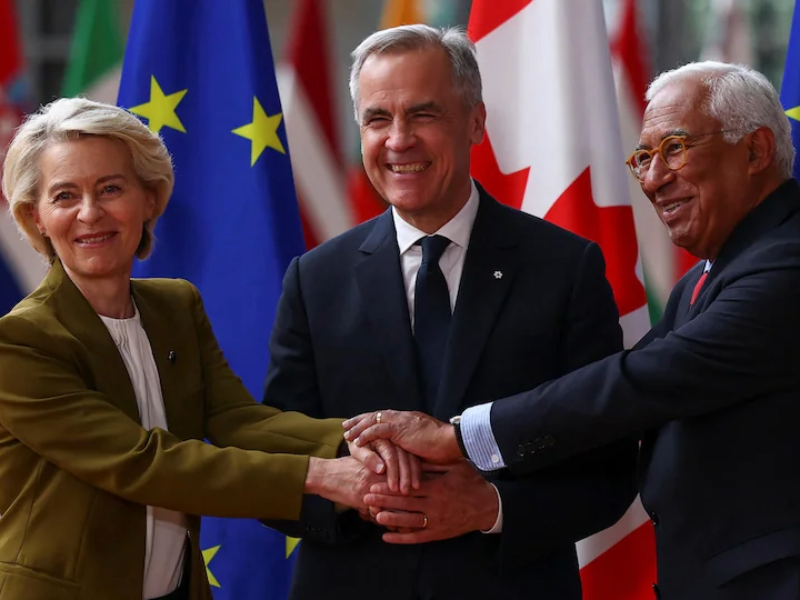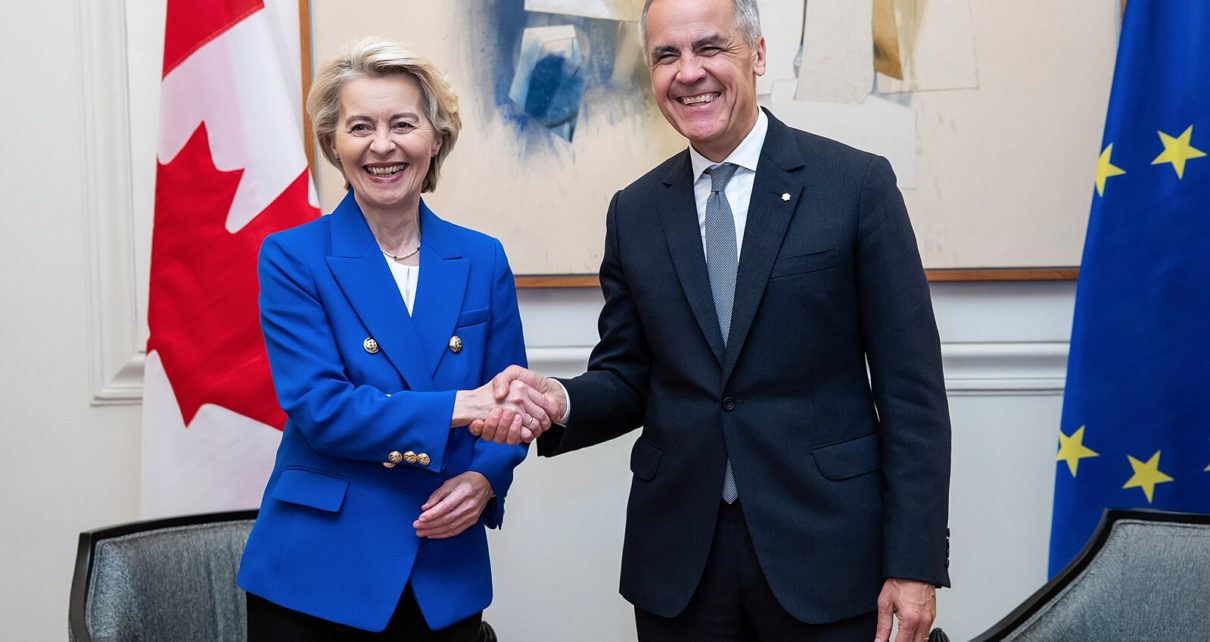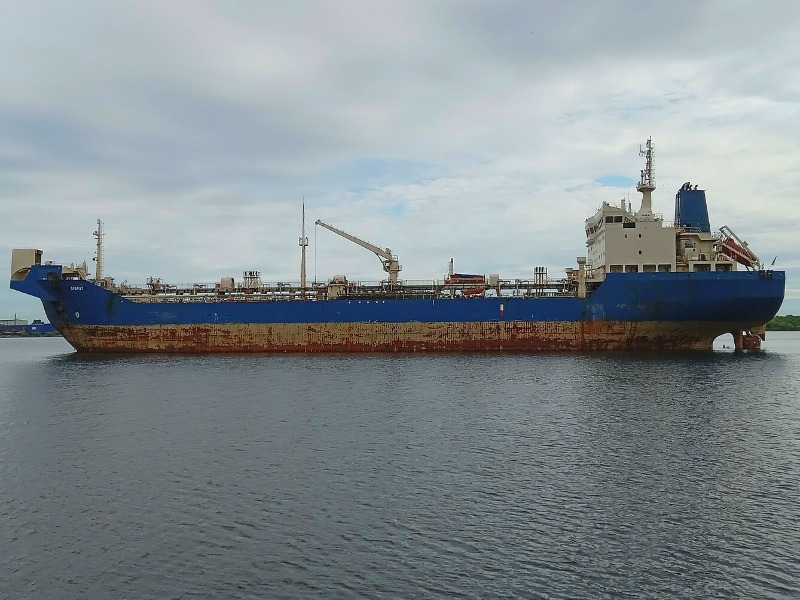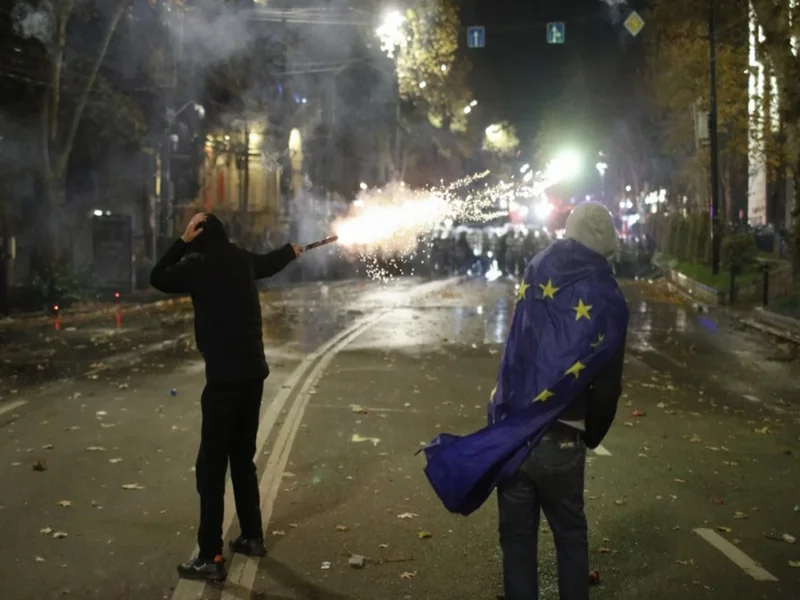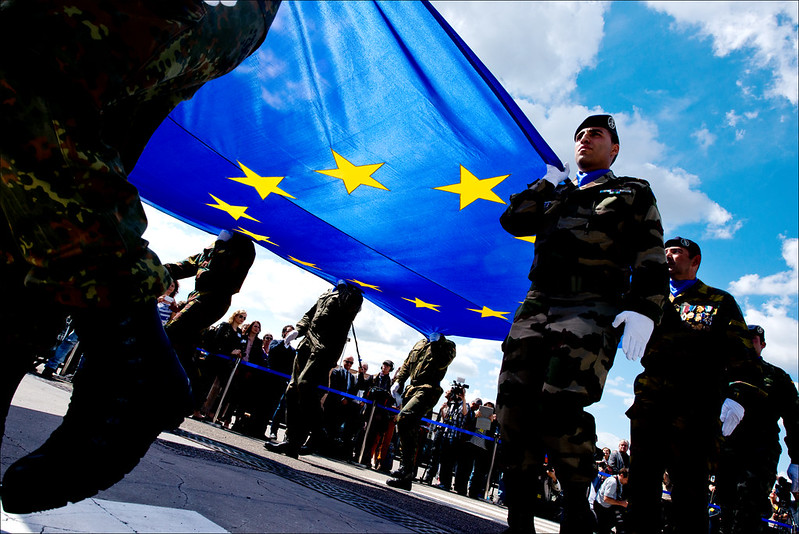By joining the EU’s €150-billion SAFE program, Canada is positioning itself closer to Europe’s defence-industrial strategy and recalibrating its long-standing reliance on the United States. In this piece, Sanam Singh examines what this shift means for Canada’s alliances, procurement choices, and long-term strategic autonomy.
Tag: European Union
Uzbekistan’s Role in European Energy Security Is Changing
Uzbekistan’s significance for European energy security has grown, and there is every indication that it will grow further. For most of the post-Soviet period, and especially under President Islam Karimov from independence in 1991 until his death in 2016, its energy sector was run as a tightly controlled extension of the old Soviet system, which Read More…
Italy Anchors Azerbaijan’s Gas Push to Europe
Azerbaijan and Italy are tightening energy ties, and this is having system-wide Euro-Caspian effects. In September, it was reported that SOCAR agreed to acquire Italiana Petroli, one of Italy’s largest fuel retailers, pending approvals. This purchase does not add gas capacity on day one, but it does insert Azerbaijan directly into Italy’s downstream market, bringing Read More…
From Ally to Architect? Canada’s Security and Defence Partnership with the EU
Canada’s new Security and Defence Partnership (SDP) with the EU is a historic step toward deeper transatlantic defence ties, but its impact will depend on more than just participation. To move from ally to actor, Canada must navigate complex EU governance, negotiate meaningful access, and build long-term institutional presence.
NATO’s Defence Spending Surge Is a Smart Move – But Can Europe and Canada Keep Up?
In June 2025, during the NATO summit in The Hague, the alliance agreed to a massive increase in defence spending, committing to reach the 5% goal by 2035. This article examines why Canada and the EU must match their rhetoric with resolve and highlights effective avenues for achieving higher defence investment.
Financing the enemy: The limits of NATO’s strategic decoupling from Russian fossil fuels
Despite vocally supporting Ukraine, between February 2022 and February 2025, NATO countries paid more to Russia for energy imports than they provided in aid to Ukraine. This article analyzes the limits of NATO’s strategic decoupling from Russian fossil fuels and proposes concrete steps the alliance as a whole, and Canada in particular, should take to tackle this problem.
“Democracy Is Never A Guarantee:” Georgia’s Young Protesters on the Frontlines Against Russian Disinformation
In October 2024, the Black Sea state of Georgia held a heavily disputed parliamentary election. Foreign policy dominated pre-election discourse among parties. For both the current ruling party and the various parties making up the opposition, the future of relations with the European Union (EU), NATO, and Russia were at the center of the discussion. Read More…
Has the Time Finally Come for a European Army?
The idea of a collective European defence force is as old as the European integration project itself. However, it has always been outshone by NATO and deemed too logistically and politically arduous for a supranational body that was excelling in projecting soft power. Fast-forward to 2025, three years into Russia’s full-scale invasion of Ukraine and only a few months into Trump’s second term, which has included a great deal of NATO- and Europe-criticism, suggesting that the United States might no longer help defend Europe. The idea of deepened European defence integration, perhaps even a sovereign European army, is no longer so far-fetched. Can the EU make use of its single market to harness its defence capabilities and work around the political divisions on foreign and security policy within the Union?
AI-Powered Mis/Disinformation War
In today’s digital age, mis-and disinformation has become pervasive, fueled by advancements in AI and deep-fake technology, while the centralized nature of social media platforms accelerates its spread, amplifying false narratives to vast audiences with unprecedented speed. NATO recognized this growing threat to democracy during the Washington Summit last summer, emphasizing its critical impact in Read More…
On Guard with Thee: Why Canada Should Join the European Union
President Donald Trump’s promise to delay imposing tariffs on Canadian goods caused many Canadians to breathe a sigh of relief. With Canada seemingly uniting around the threat that the U.S. poses to our economic well-being, it seems like we are on course to diplomatically deal with this crisis and hopefully resume normal relations. Yet, with Read More…

